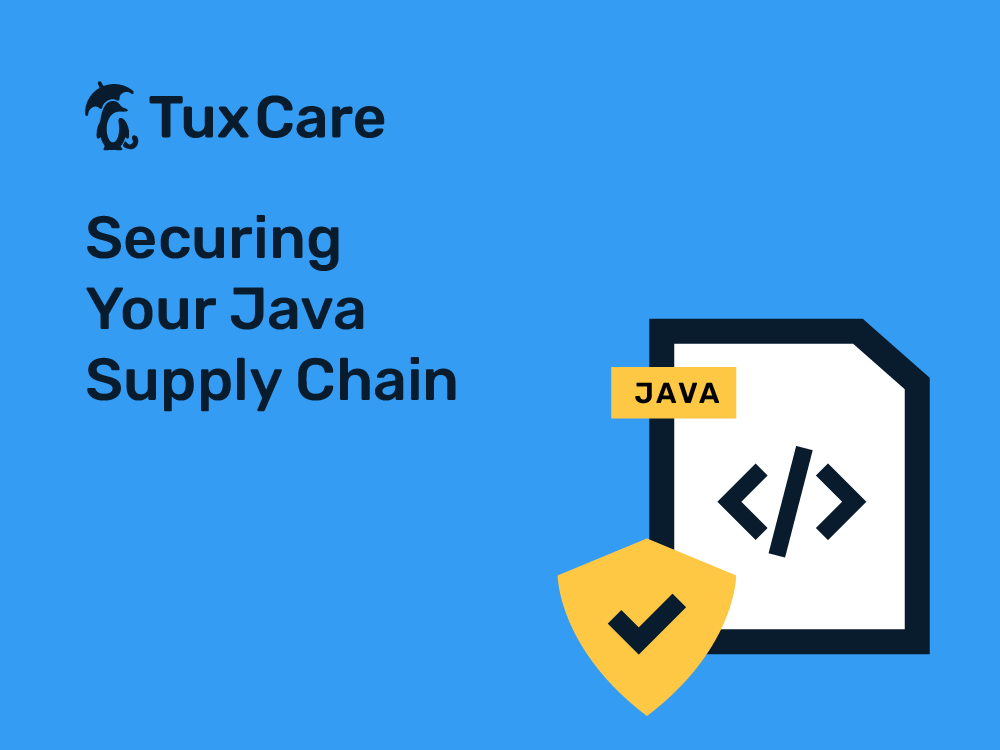Securing Your Java Supply Chain
The software development ecosystem is more interconnected than ever before. With countless languages, libraries, and dependencies, it becomes incredibly difficult to manage them all effectively, especially from a security standpoint. This interconnectedness presents an arena for potential vulnerabilities.
Java, a language used in billions of devices and often used via imported libraries, is also susceptible to supply chain attacks and its inherent risks. Let’s look into this problem in more detail and look at an alternative that helps you reduce the exposure of your code to vulnerabilities in imported libraries.
Understanding Software Supply Chains
In the context of software development and architecture, the term “supply chain” refers to the dependencies incorporated into the source code of a given application, where developers reuse existing components (other terms for it include “modules”, “libraries”, “frameworks”, etc) in order to focus on the specific code that differentiates the application from others.
This saves time and standardizes processes like I/O, encryption and other commonly used facilities of modern software. The supply chain is not confined to a single programming language; rather, it affects virtually any language that has an established ecosystem of dependencies or libraries. Examples include Java, PHP, Python, and many others.
Risk of Dependencies
A flaw in a dependency can render an application, even one with otherwise impeccable code, susceptible to vulnerabilities. Dependencies in software can be direct, where the software uses a library directly, or transient, where the dependency of another library your software uses is compromised.
Even if the compromised library is not directly linked to your software, your software could still be at risk.
Emergence of Vulnerabilities Over Time
Vulnerabilities can emerge over time, potentially making applications that were previously deemed secure suddenly vulnerable. Even properly tested and certified applications can fall prey to this. When a flaw is discovered in a dependency after the application’s release, it could jeopardize the security of the entire software product.
The Challenge of Keeping Up
Modern applications often rely on a myriad of dependencies. Keeping up with the latest updates and news regarding all these dependencies is a daunting task. It’s time consuming, complicated, and there’s always the risk of missing a crucial update. This is the reality for most developers and organizations that handle their software’s dependencies manually.
Enter SecureChain for Java
Given these challenges, having a trusted repository for Java libraries, which are constantly updated, tested, and vetted, can significantly reduce the burden on developers. That’s what SecureChain for Java offers.
SecureChain for Java is a service that provides a repository of thoroughly vetted and tested Java libraries. By ensuring that you always have the right library versions available, it mitigates the risks associated with dependencies. You can focus on what matters most, which is developing your application – while SecureChain takes care of your software supply chain.
The secure vetting process of SecureChain enables you to leverage the best and safest commonly used libraries for your applications. This reduces the time spent on manual updates and the risk of incorporating a library with potential vulnerabilities. Thus, you get peace of mind knowing that your software supply chain is secure, allowing you to focus more on creating and improving your application.
Final Thoughts
The modern world of software development is fraught with potential vulnerabilities, many of which originate from the complexity of managing dependencies. However, with services like SecureChain for Java, you can significantly mitigate these risks.
By providing a secure, vetted repository of Java libraries, SecureChain allows developers and organizations to focus on what they do best, leaving the challenges of managing the software supply chain to the experts.
To learn more about SecureChain for Java, click here.



 Documentation
Documentation Login
Login



